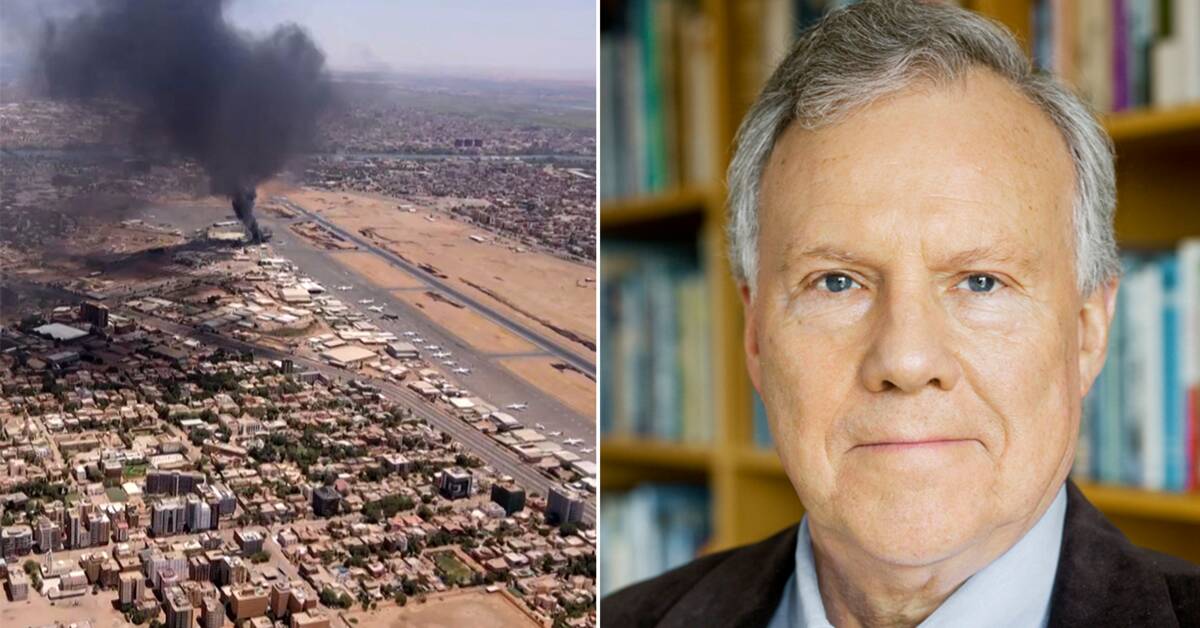Sending armed troops to other countries is sensitive, but the Riksdag's decision on an armed rescue operation in Sudan is in accordance with international law. So says Ove Bring, Professor Emeritus of International Law at Stockholm University and the Swedish Defence University.
"This is not a humanitarian intervention that jeopardizes Sudan's sovereignty – it is a humanitarian evacuation," he said.
He describes it as an opportunity that Sweden and other states can use to protect their own citizens.
"Therefore, it is not a problem under international law.
May use the weapons in self-defense
According to Ove Bring, the reason why this type of evacuation has not been used before is that it has not been relevant for Sweden. However, other countries have carried out similar operations.
"For example, in the 90s, American personnel were evacuated by ship from civil war Liberia.
In addition to deterring a possible attack, foreign troops have the right to have weapons in self-defense even on Sudanese soil.
"It is conditional under international law. But it must be an evacuation with the sole purpose of rescuing its own citizens.
The Foreign Affairs Committee's wording "natural"
The Riksdag's Foreign Affairs Committee writes in its report that Sudan does not comply with the protection for diplomats required by the Vienna Convention and that there is "some international law scope for limited evacuation efforts involving its own citizens in exceptional security situations" according to the government.
According to Ove Bring, it was natural to write like that.
"That's the reason for sending Swedish troops to Sudan – that it is not possible to protect diplomats or other Swedes given the violent developments.
No reason to see as provocation
Ove Bring sees the fact that the government says it is engaged in dialogue with the warring parties as a way of explaining that it is not looking to interfere in the conflict.
– It is believed that it can help the situation and make it easier, safer for the Swedish mission to operate in Sudan.
He does not believe that any of the Sudanese parties see the armed action as a provocation.
"They have no reason, absolutely no reason.

